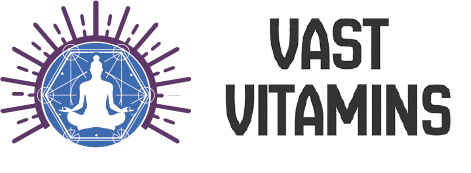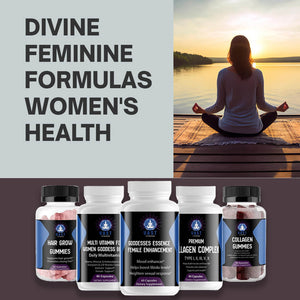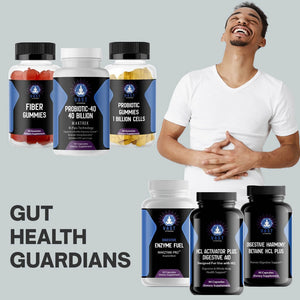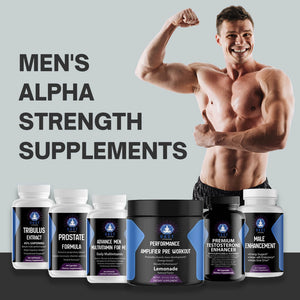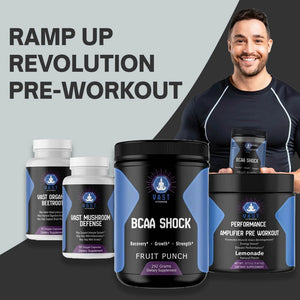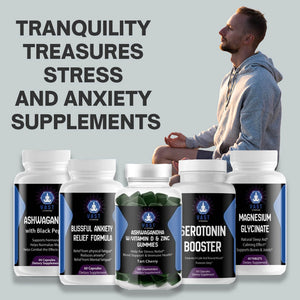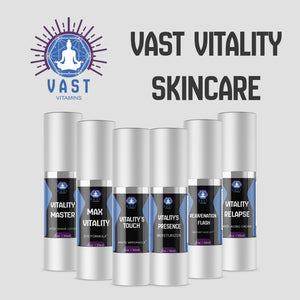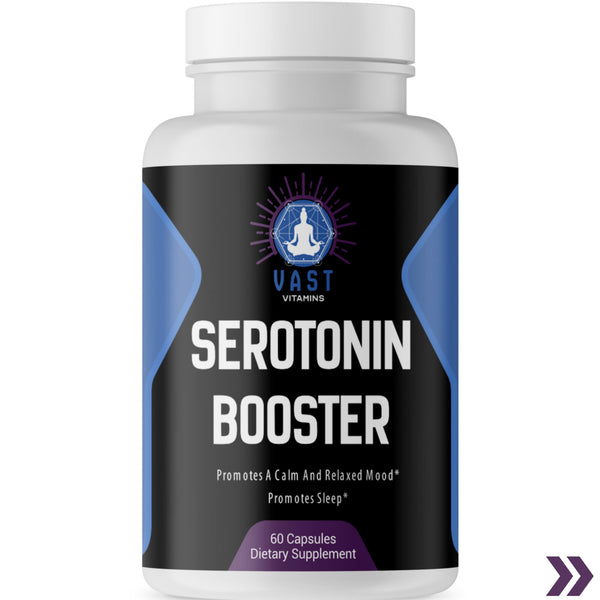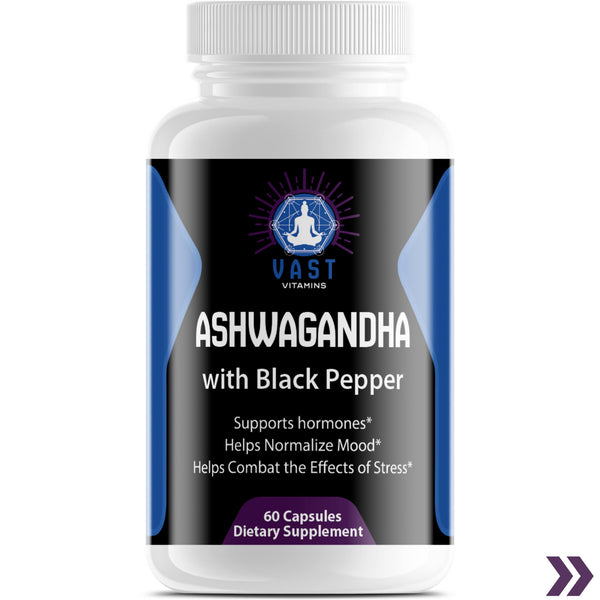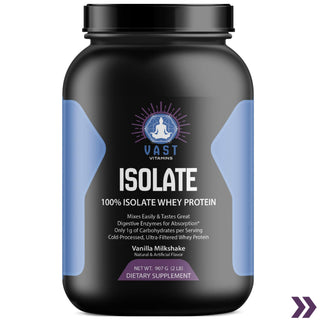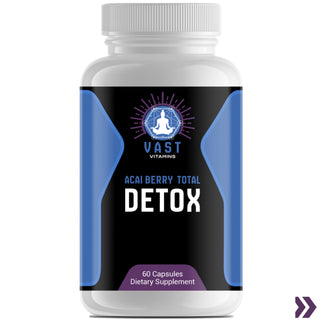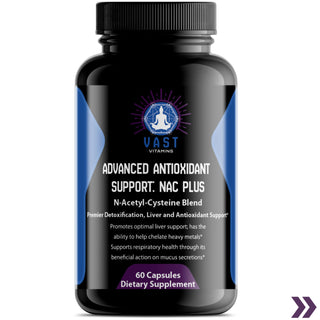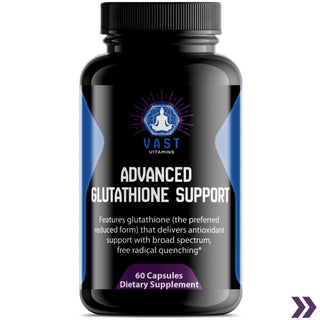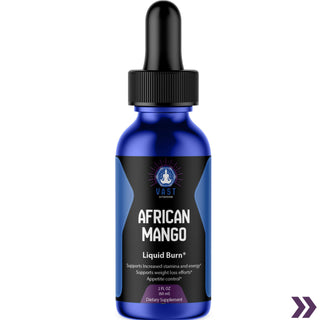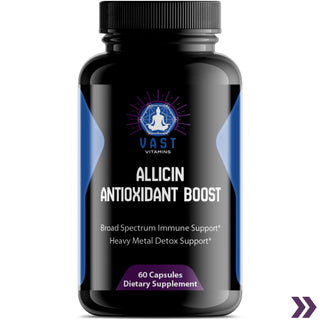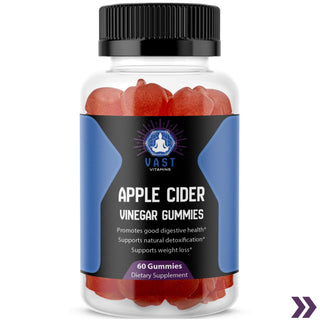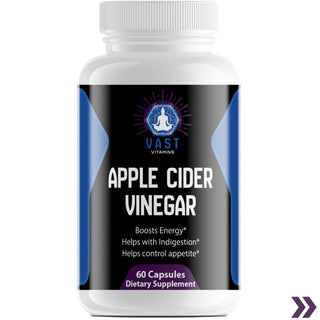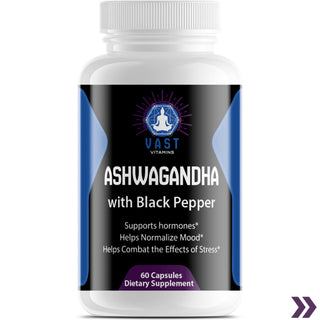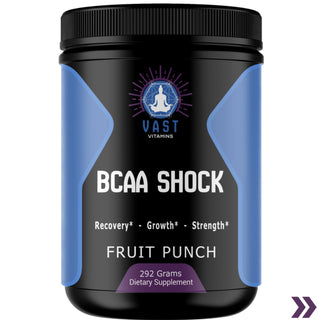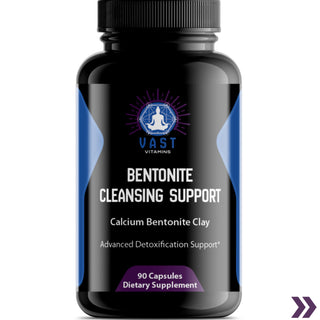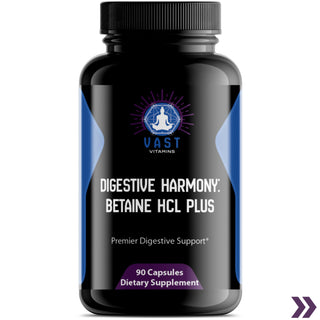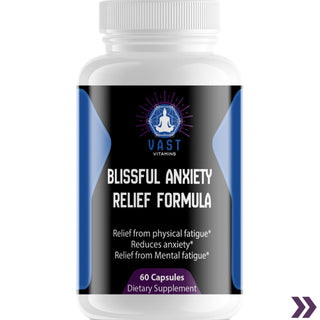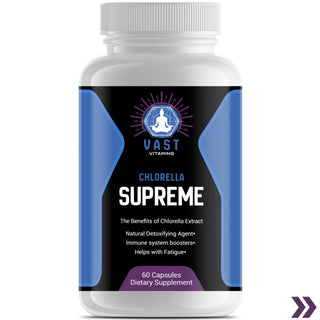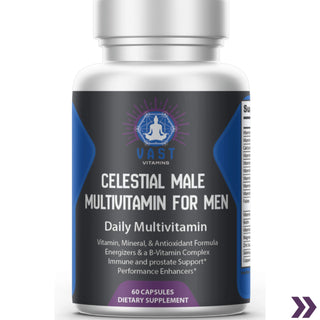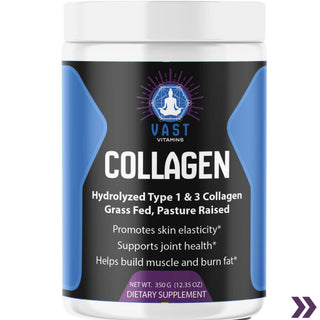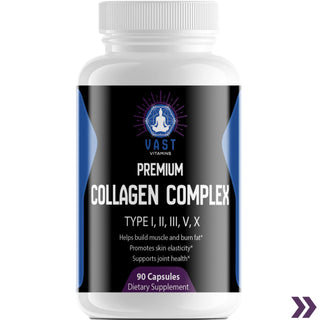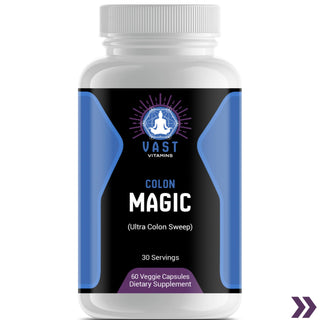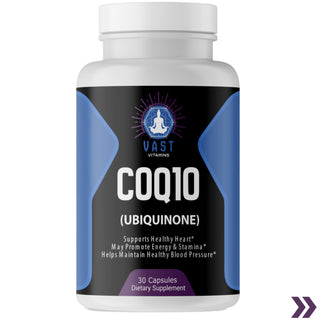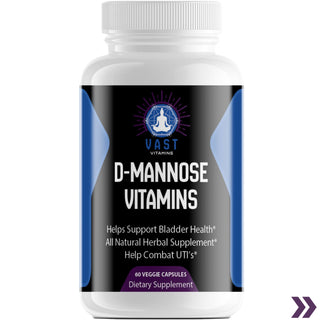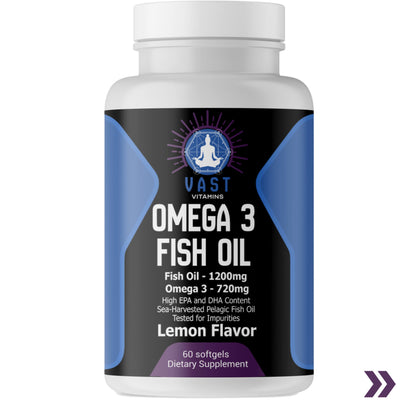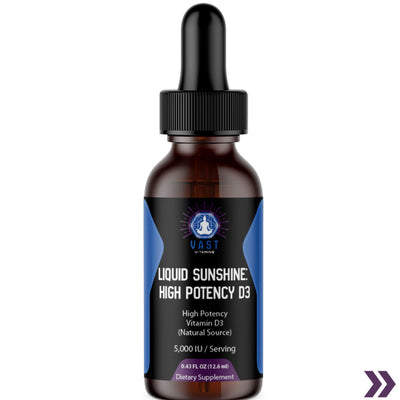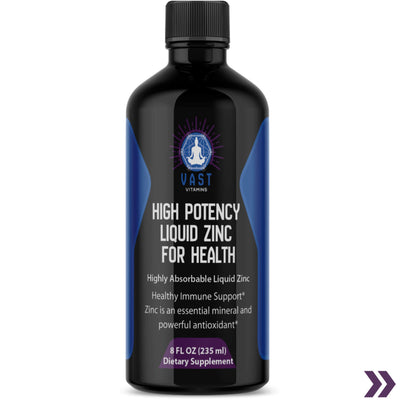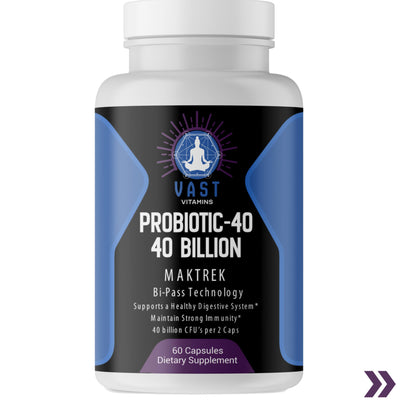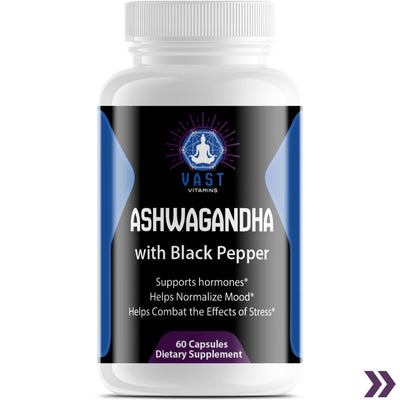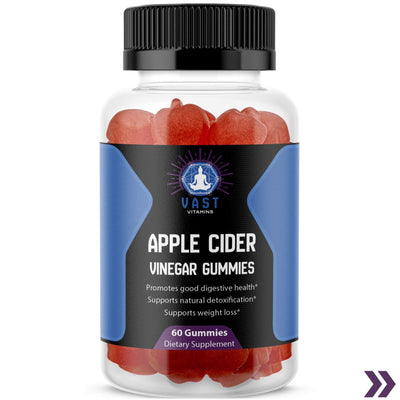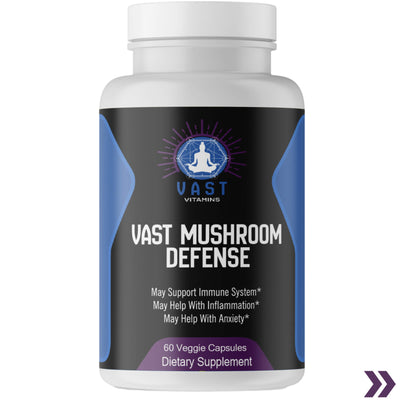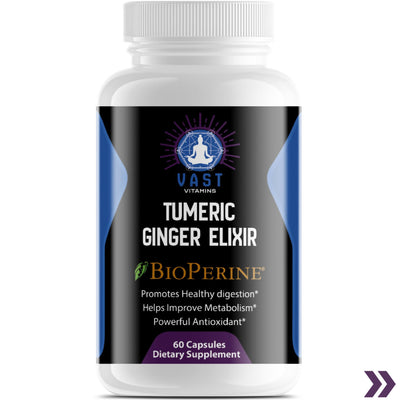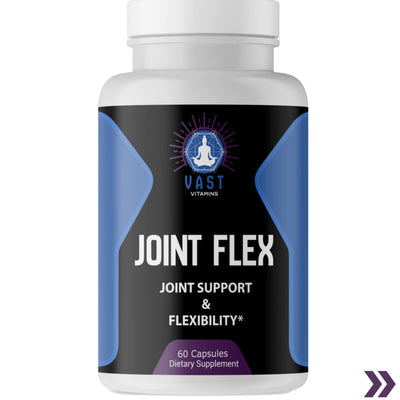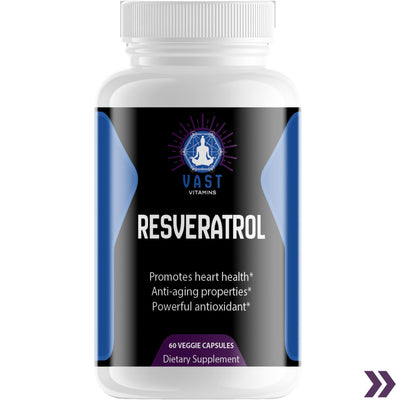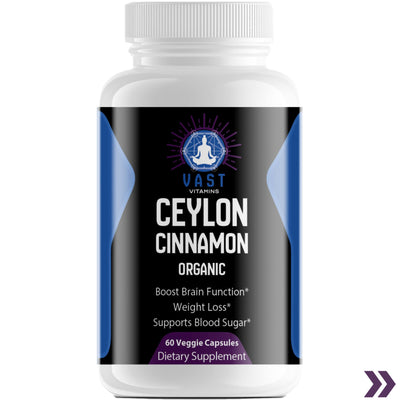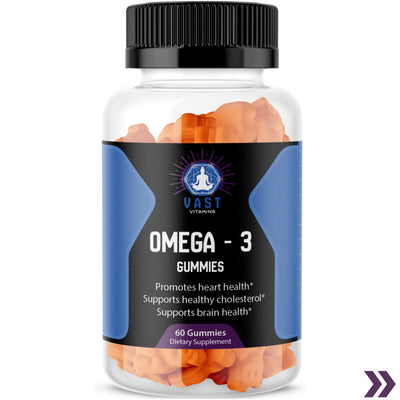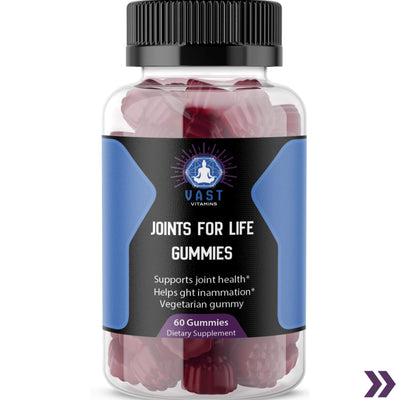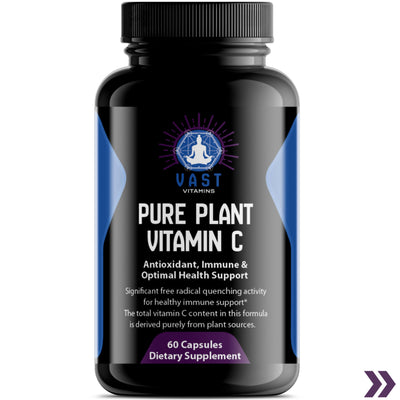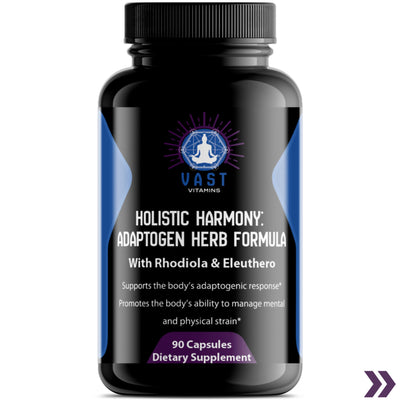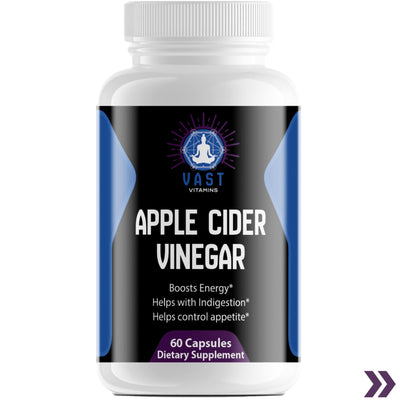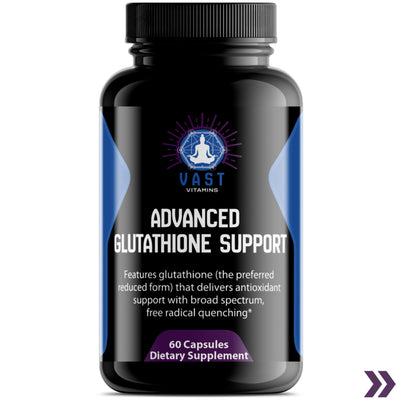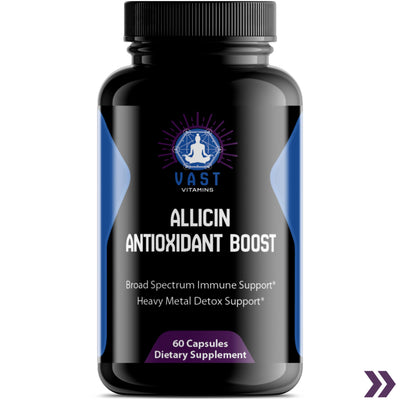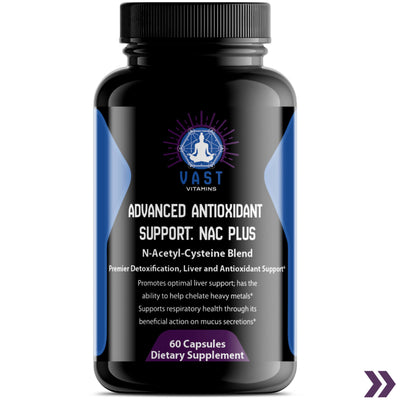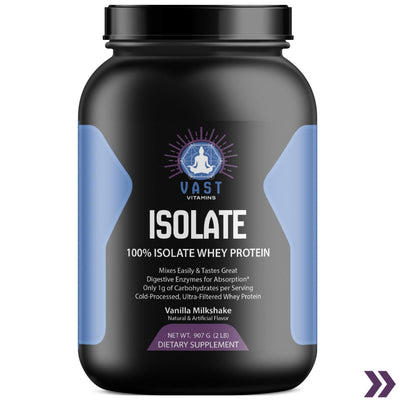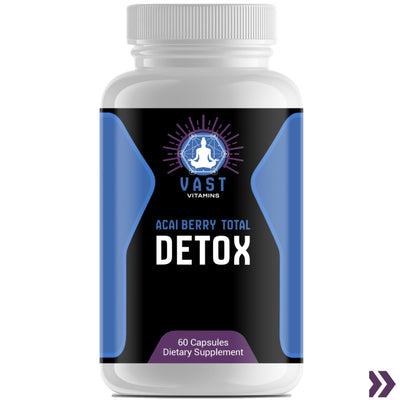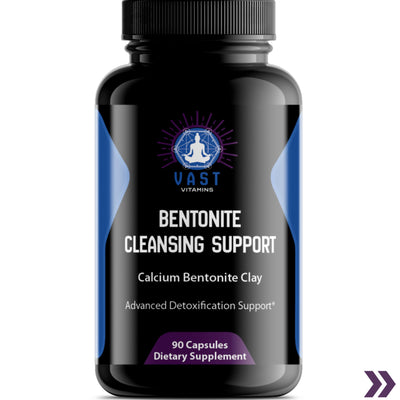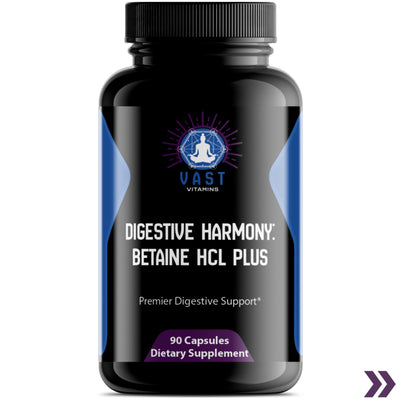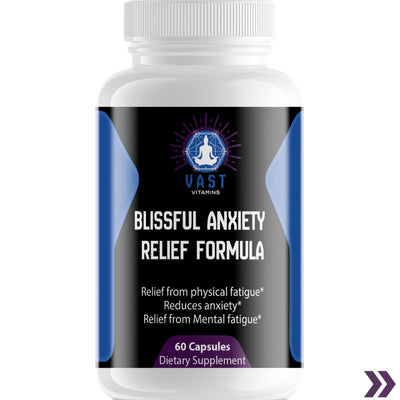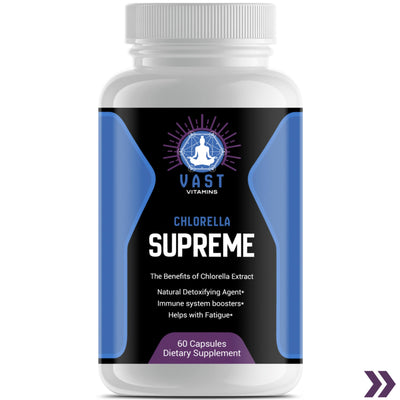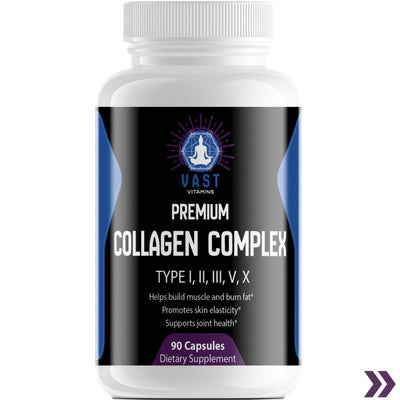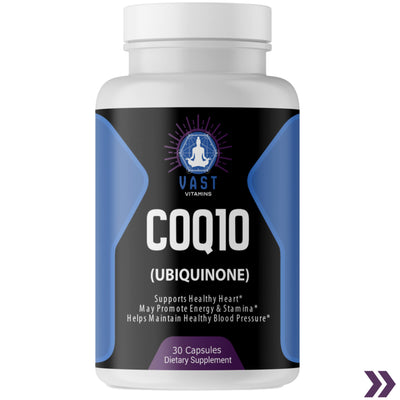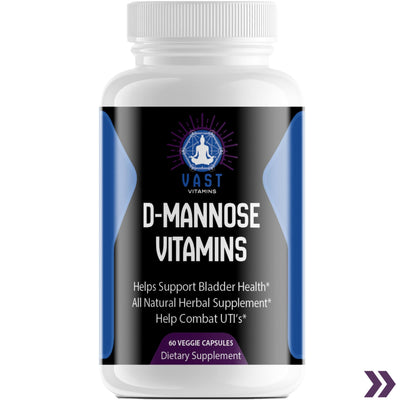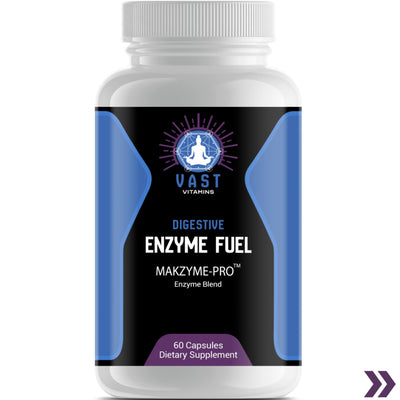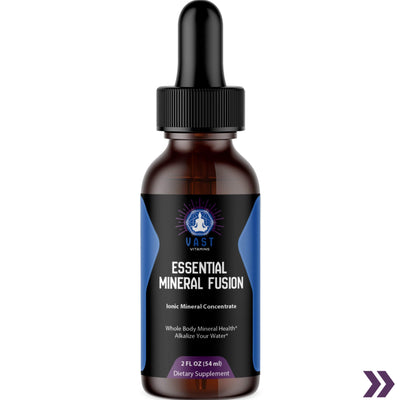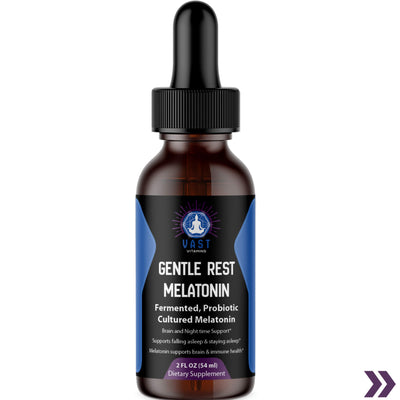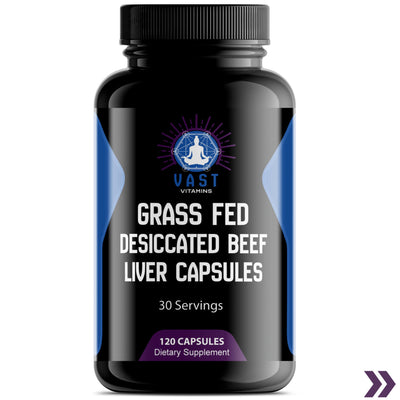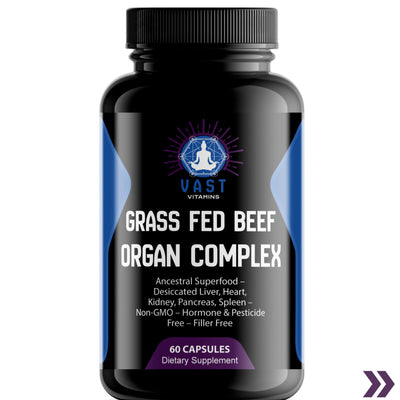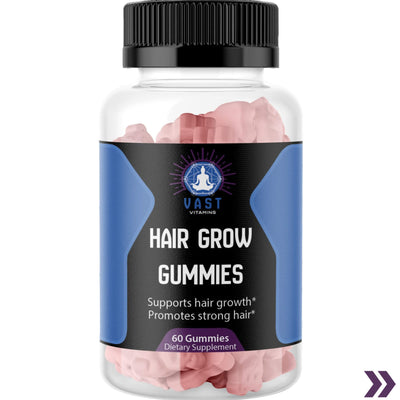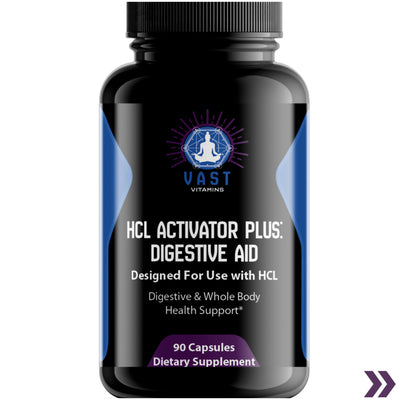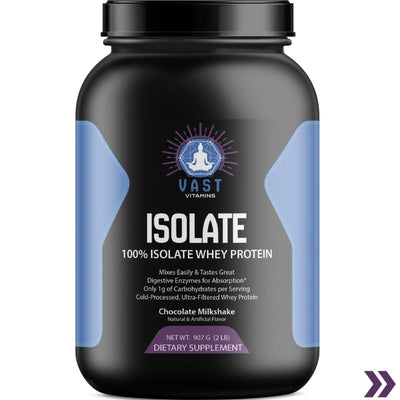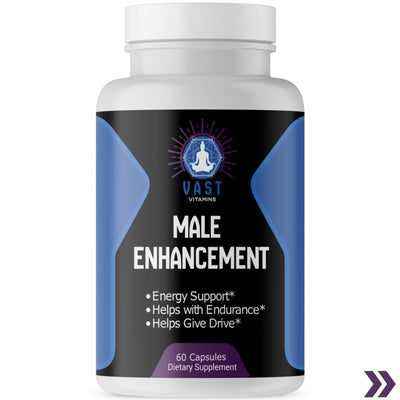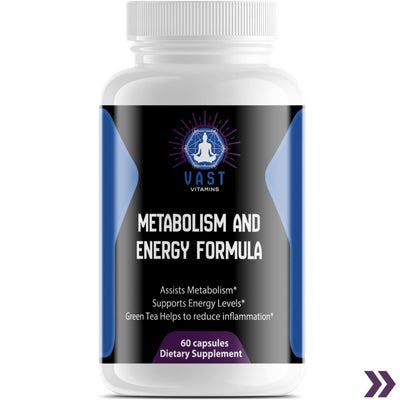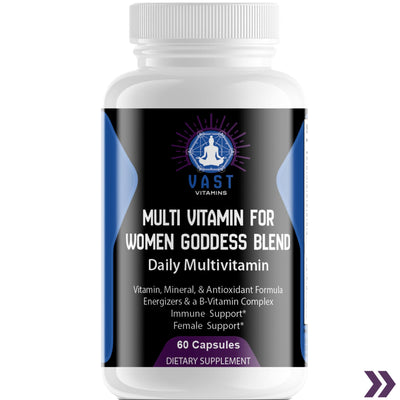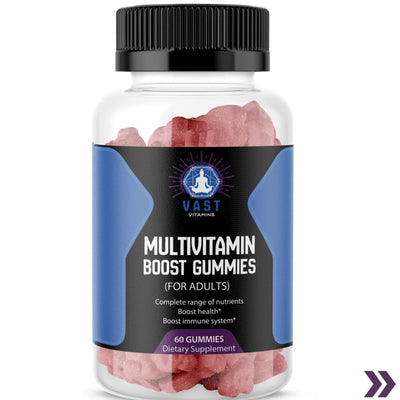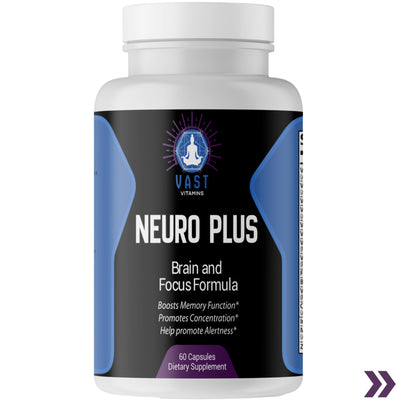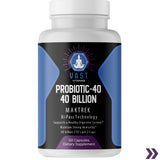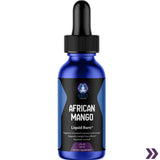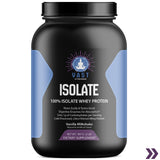Do you feel overwhelmed by the conflicting advice on eating cleaner and healthier? It can be difficult to know where to begin when it comes to making changes to your diet. Striking the perfect balance between healthy eating habits and convenience is achievable, and this article is here to provide tips for making the process easier. Whether you are looking to make a lifestyle change or just to make a few small adjustments, this article will provide tips and advice on how to strike the perfect balance between eating cleaner and healthier.
By the end of this article, you will come away with practical and sustainable tips for improving your diet and living a healthier lifestyle. So if you are ready to take the next step towards eating cleaner and healthier, keep reading for our top tips for striking the perfect balance.
Eating Cleaner & Healthier.
Eating cleaner and healthier is something that many of us strive for, but it can be difficult to know where to start. To achieve a balanced lifestyle, it is important to make small changes that can result in big gains. Eating cleaner and healthier does not have to be a daunting endeavor, it can be done in a way that is both rewarding and enjoyable.
Get on the path.
One way to get on the path to eating cleaner and healthier is to focus on whole foods and reduce processed foods in your diet. Whole foods are unprocessed, naturally-occurring foods such as
- vegetables
- fruits
- legumes
- nuts
- and seeds
Eating these foods is beneficial for your health as they are packed with
- vitamins
- minerals
- fiber
- and other important nutrients
Furthermore, whole foods are free of artificial ingredients and additives which can be harmful to one's health.
Opt for fresh and seasonal ingredients.
Another way to eat cleaner and healthier is to opt for fresh and seasonal ingredients. Eating fresh and seasonal foods can help reduce the amount of processed and preservative-filled ingredients you consume. Additionally, seasonal ingredients are less expensive and are often more flavorful, making them ideal for a healthier diet.
By following these tips, you can make small, manageable changes to your diet that will result in a healthier lifestyle. Eating cleaner and healthier does not have to be an overwhelming task and by making small changes you can enjoy the rewards of a healthier diet.
Tip 1: Start Small.
Making changes to your diet can seem overwhelming, but it doesn’t have to be. Start small and make small changes that are achievable, rather than trying to make drastic changes all at once. Start by adding in more fruits and vegetables to your diet or replacing unhealthy snacks with healthier options. When it comes to making healthy changes to your diet, it’s important to start slow and steady and make sure these changes are realistic and sustainable. For example, if you are not used to eating breakfast every day, start with adding breakfast once a week, then two days a week, and so on. This will make the process of transitioning to a clean and healthier diet much easier and more manageable.
Consider tracking your food intake.
In addition to making small changes to your diet, you should also consider tracking your food intake. This can help you to stay on track and be mindful of the types of foods you are consuming. Keeping a food diary or using an app to track your meals and snacks will help you to make more informed decisions when it comes to eating healthier. Tracking your food intake will also help you to identify any unhealthy eating patterns and make changes to them. This can be a great way to keep you motivated and on track with your journey to a healthier lifestyle.
Tip 2: Meal Planning.
Meal planning is one of the easiest and most efficient ways to make sure you are eating healthier without feeling overwhelmed. Planning your meals ahead of time allows you to anticipate any potential roadblocks and make adjustments accordingly. Meal planning provides structure and order to your life, making it easier to stick to your eating plan and make healthier choices.
Write a list.
Start by writing out a list of all the meals you want to make in the upcoming week. Having a list of options to choose from will make your life so much easier. Next, make a list of all the ingredients you need for each meal. This step will save you time and money by eliminating the need for last-minute trips to the store. Finally, shop for the ingredients you need and make sure you have enough for the whole week. Having all of your ingredients on hand will make it easier for you to stick to your meal plan.
Organization is key.
Meal planning is a great way to ensure you are eating healthy and balanced meals throughout the week. With a little effort and organization, you can easily make the process easier and more enjoyable.
Tip 3: Don't Overdo It.
Don't Overdo It – Eating healthier doesn't mean you have to completely overhaul your diet. Making small changes like replacing white bread with whole wheat or indulging in a piece of fruit instead of a chocolate bar can help you to make better choices. Eating too much of anything, healthy or unhealthy, can be detrimental to your health. Eating excessive amounts of healthy food can cause
- weight gain
- high blood pressure
- and other health issues
Moderation is key when it comes to eating healthier. Eat a balanced diet and include a variety of
- fresh fruits and vegetables
- whole grains
- lean proteins,
- and healthy fats.
Listen to your body and make sure you're eating enough to feel energized but not overdoing it. Making small changes to your diet can have a big impact on your health, so don't be afraid to take it slow and make small adjustments until you find the right balance.
Tip 4: Focus on Nutrients.
Nutrients are the foundation of any healthy eating plan. Eating a variety of nutrient dense foods will provide your body with the energy and vitamins it needs to function properly. Eating nutrient dense foods can also help reduce your risk of chronic diseases. Some nutrient dense foods are:
- legumes
- nuts
- seeds
- leafy greens
- whole grains
- and healthy proteins.
Try to include a variety of these foods in your diet to ensure that you are getting all the essential vitamins and minerals your body needs. Additionally, focus on minimizing
- processed foods
- eating less red meat
- and cutting back on added sugars.
Eating nutrient dense foods will lead to better health outcomes and more energy throughout the day.
Tip 5: Get Creative with Alternatives.
Tip 5 of Striking the Perfect Balance: Tips for Eating Cleaner & Healthier is to get creative with alternatives. With the wide range of convenience foods on the market today, it can be hard to differentiate between healthy and unhealthy options. There are plenty of healthy alternatives on the market, but finding them can be a challenge. To make it easier, consider exploring alternatives such as
- frozen fruits and vegetables
- nut butters
- and whole grain pastas.
Getting creative with alternatives can also help you expand your culinary horizons and make meal times more interesting. Don't be afraid to explore new foods and recipes; you may stumble upon an amazing dish that you never would have thought of before. With a little bit of creativity and experimentation, you can find the perfect balance between convenience and healthy eating.
Tip 6: Read Labels.
Reading labels is one of the most important steps when it comes to eating cleaner and healthier. Labels can provide you with information on items such as
- ingredients
- nutritional values
- and allergens
By reading labels you can be sure that the ingredients in the products you are buying are clean and of good quality. It is also important to look at the nutrition facts labels to ensure that the food you are buying aligns with your dietary needs and goals.
Be aware of:
- added sugars
- saturated and trans fats
- sodium
- and artificial ingredients
The fewer of these ingredients present in a product, the better. Lastly, always remember to read serving size information when looking at nutrition labels. This information can help you determine the amount of food you need to reach your desired caloric intake. By reading labels, you will be able to make informed and healthy decisions about what goes into your diet.
Tip 7: Eat Whole Foods
Whole foods are an essential part of creating a healthier diet. Whole foods are foods that are not processed or refined, and they retain all of their natural nutrients, vitamins and minerals. Whole foods include
- fruits and vegetables
- beans
- nuts
- seeds
- and whole grains
Eating more whole foods is a great way to ensure that you are getting all the nutrients you need. Eating more whole foods also means that you are avoiding processed or refined foods that are typically high in
- added sugars
- unhealthy fats,
- and sodium
Eating whole foods can help you to feel fuller for longer and can help reduce cravings for unhealthy snacks or sugary drinks. Try to replace processed and refined foods with whole foods whenever you can. Incorporating more whole foods in your diet can be as simple as swapping out refined grains for whole grains, such as switching white bread for whole wheat bread, and choosing fresh fruits and vegetables over those that have been canned or frozen.
Tip 8: Limit Processed Foods
Processed foods are a highly convenient option, however, they are often filled with unhealthy additives such as
- sugar
- salt
- and preservatives.
To ensure that you are eating cleaner and healthier, it is important to limit the amount of processed foods you consume. Instead, opt for fresh ingredients and cook your own meals. This way, you have control over what goes into your food and you can customize it to suit your own taste.
Look for options with fewer ingredients.
It is not necessary to completely eliminate processed foods from your diet, but rather to make an effort to limit them. Try to make healthier choices when you can. For example, if you’re buying snack foods, opt for natural, unprocessed options like fruits and nuts. When shopping for prepared meals, look for options with fewer ingredients and fewer unhealthy additives. Making an effort to limit processed foods in your diet will help you make healthier choices overall.

Tip 9: Add Healthy Fats & Proteins.
Eating fats and proteins is an important part of clean and healthy eating. They provide essential nutrients to the body, and can help to maintain a healthy weight. Healthy fats, such as those found in
- olive oil
- avocados
- nuts
- and seeds
can help to reduce inflammation and improve cholesterol levels. Protein sources, such as
- lean meats
- whey
- pea proteins
- and legumes
help to increase satiety and provide the body with necessary amino acids. When adding healthy fats and proteins to your diet, it is important to be mindful of portion sizes. Consuming too much of either can lead to an excess caloric intake, and can be detrimental to overall health. Try to stick to lean proteins and unsaturated fats, and vary the types of foods you consume to get the most nutrition out of your meals.
Conclusion: Balanced Diet is Key.
The conclusion to this article is that a balanced diet is key to eating cleaner and healthier. Eating a balanced diet means eating a variety of different foods from each of the food groups - including
- fruits
- vegetables
- whole grains
- lean proteins
- and low-fat dairy
in the proper proportions.
Reduce the risk of nutrition-related conditions.
Not only does a balanced diet provide your body with all the essential nutrients it needs, but it also helps to reduce the risk of nutrition-related conditions such as
- obesity
- Type 2 diabetes
- heart disease
- and stroke
It is also important to limit sugary and fatty foods, as well as processed foods, as part of a healthy eating plan.
Making changes to your diet doesn't have to be overwhelming, but rather a gradual process that can be made easier by following a few simple tips. Eating a balanced diet can help you to
- maintain a healthy weight
- reduce your risk of nutrition-related diseases
- and help to keep your energy levels up throughout the day.
Sticking to a balanced diet is the key to eating cleaner and healthier, and it is achievable with the right knowledge and guidance.
FAQ For Striking the Perfect Balance: Tips for Eating Cleaner & Healthier.
What type of foods should I focus on?
Whole foods are unprocessed, naturally-occurring foods such as
- vegetables
- fruits
- legumes
- nuts
- and seeds
Why should I focus on whole foods?
Eating these foods is beneficial for your health as they are packed with
- vitamins
- minerals
- fiber
- and other important nutrients
Why should I try to eat seasonal foods?
Eating fresh and seasonal foods can help reduce the amount of processed and preservative-filled ingredients you consume.
Should I make big changes all at once?
Making changes to your diet can seem overwhelming, but it doesn’t have to be. Start small and make small changes that are achievable, rather than trying to make drastic changes all at once.
What's the best way to start eating cleaner and healthier?
Start by adding in more fruits and vegetables to your diet or replacing unhealthy snacks with healthier options.
Why should I track my food intake?
This can help you to stay on track and be mindful of the types of foods you are consuming. Keeping a food diary or using an app to track your meals and snacks will help you to make more informed decisions when it comes to eating healthier.
Why should I plan my meals?
Meal planning is one of the easiest and most efficient ways to make sure you are eating healthier without feeling overwhelmed.
What type of foods should I include in my cleaner healthier diet?
Eat a balanced diet and include a variety of
- fresh fruits and vegetables
- whole grains
- lean proteins,
- and healthy fats.
What should I focus on?
Nutrients are the foundation of any healthy eating plan. Eating a variety of nutrient dense foods will provide your body with the energy and vitamins it needs to function properly.
What are some nutrient dense foods?
Eating nutrient dense foods can also help reduce your risk of chronic diseases. Some nutrient dense foods are:
- legumes
- nuts
- seeds
- leafy greens
- whole grains
- and healthy proteins
What foods should I minimize?
Focus on minimizing
- processed foods
- eating less red meat
- and cutting back on added sugars.
What are some healthy alternatives?
- frozen fruits and vegetables
- nut butters
- and whole grain pastas
Is reading labels really helpful?
Labels can provide you with information on items such as
- ingredients
- nutritional values
- and allergens
What should I look out for on labels?
- added sugars
- saturated and trans fats
- sodium
- and artificial ingredients
What foods are an essential part of creating a healthier diet?
- fruits and vegetables
- beans
- nuts
- seeds
- and whole grains
Can eating whole foods help me feel fuller?
Eating whole foods can help you to feel fuller for longer and can help reduce cravings for unhealthy snacks or sugary drinks.
Why should you make your own food most of the time?
You have control over what goes into your food and you can customize it to suit your own taste.
Are fats and proteins an important part of clean and healthy eating?
Eating fats and proteins is an important part of clean and healthy eating. They provide essential nutrients to the body, and can help to maintain a healthy weight.
What are some examples of healthy fats?
- olive oil
- avocados
- nuts
- and seeds
What are some good proteins?
- lean meats
- whey
- pea proteins
- and legumes
Is Efficient Hydration important for clean and healthy eating?
Absolutely! Efficient hydration is essential for good health and a healthy diet. Proper hydration helps to keep your body functioning optimally, including helping to flush out toxins, regulate body temperature, and transport nutrients throughout the body.







